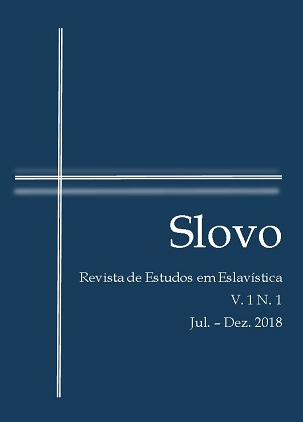Abstract
This paper analyses the presence of Fyodor Dostoevsky (1821-1881) in two essays of the literary critic and philosopher Georgy Lukács (1885-1871): The Theory of the Novel (1916) and Dostoevsky (1943). We demonstrate that the Russian writer was a permanent point of interest in Lukács' work and his presence is a powerful thermometer for the understanding of the development and of the main inner impasses of the philosopher's aesthetics.


